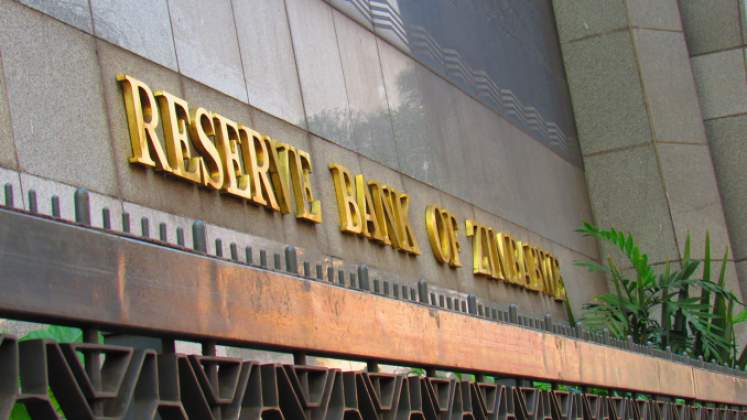The continuous assumption by the government of secret debts accrued by the Reserve Bank of Zimbabwe (RBZ) is harmful to Zimbabweans as they are forced to pay back these funds, the Zimbabwe Coalition on Debt and Development (ZIMCODD) has said.
These observations from ZIMCODD, a social and economic justice watchdog, come after the government was reportedly seeking to pay off debts owed to Trafigura Group on contracts worth US$225.6 million dating back to 2016 for fuel payments made by the group on behalf of the RBZ.
The government is set to transfer the debts from the Central Bank to the Treasury while payments are to be made through minerals particularly nickel from Bindura Nickel Corporation and gold from Shamva and Freda Rebecca gold mines, mines owned by Kuvimba Mining House (KMH).
In its weekly review, ZIMCODD pointed out that in most of these deals, the government has carelessly undermined the country’s future interest in order to pay off unsustainable debts.
“Most assumed debts have benefitted a narrow political elite at the expense of the collective interest of the majority poor,” ZIMCODD said.
The watchdog claimed only a wealthy few and connected individuals benefited from public programmes like fuel subsidies, provided under the Command Agriculture scheme.
“To this day, the public does not know the actual cost and beneficiaries of the Command Agriculture scheme since it was introduced back in 2016,” ZIMCODD noted.
ZIMCODD disclosed the government is a majority shareholder in KMH owning 65 percent while undisclosed private shareholders control the balance in equity.
“Government’s failure to publicly disclose the terms and conditions under which KMH was acquired is a clear violation of the Constitution which gives Parliament oversight of the borrowing powers of the state. The exact beneficiary ownership of the mining house, therefore, remains shrouded in secrecy,” ZIMCODD claimed.
“However, it can be ascertained that controversial Zimbabwean tycoon – Kudakwashe Tagwirei- under United States sanctions for alleged underhand dealings has a significant stake in KMH.”
ZIMCODD referred to recent reports that established under the current secretive agreement, the government will pay Trafigura about US$6 million per month and the company will retain 40 percent of payments made to nickel and gold mines in collection accounts.
Collection accounts are debt accounts that have been sold by the original creditor to a third-party debt collection agency and happen when the borrower delinquents on payments long enough (generally 180 days) for the lender to charge off the loan.
“Under this arrangement, the government has reportedly given Trafigura the right to approve buyers of the metals (gold and nickel), the right of first refusal, and the right to buy these metals. Ironically, all the payments under this agreement will not be subjected to tax, and transaction documents will not be lodged with any authority in Zimbabwe, thus prejudicing the country of significant revenue,” ZIMCODD stated.
In addition, ZIMCODD said such clauses render Parliament with other accountability institutions such as the Office of Auditor-General and Zimbabwe Anti-Corruption Commission toothless.
“The government is bound by the law to publicise all the sovereign deals for the sake of promoting transparency and accountability,” said the watchdog.
ZIMCODD highlighted that in January 2022, the government announced plans to assume RBZ debts to the tune of US$3.8 billion in blocked funds (legacy debt), a debt entirely owed to the private sector by the RBZ.
“The overtaxed Zimbabwean public will be forced to foot the bill. This also happened in prior years like in 2015 when the government assumed about US$1.5 billion RBZ debt, part of which was in order to write off non-performing loans given to politically connected individuals who received loans under the US$200 million Farm Mechanisation Programme,” said the watchdog.
“Unabetted debt assumptions are a clear dereliction of the government’s responsibility to steward national resources in the public’s best interest. In 2019, the government approved the assumption of TelOne’s US$338 million legacy loans. More recently, there were calls by a Parliamentary Portfolio Committee for the government to assume the debt owed by the Zimbabwe Broadcasting Corporation (ZBC).”
As a result, ZIMCODD said the total Public and Publicly Guaranteed debt has become unsustainable leaving the country at high risk of debt distress.
“Available government statistics show that as of September 2021, the Public and Publicly Guaranteed debt stood at US$13.7 billion, a figure that excludes contingent liabilities like US$3.5 billion in compensation owed to former commercial farmers who were affected by the Land Reform Programme of the early 2000s,” said the watchdog.

